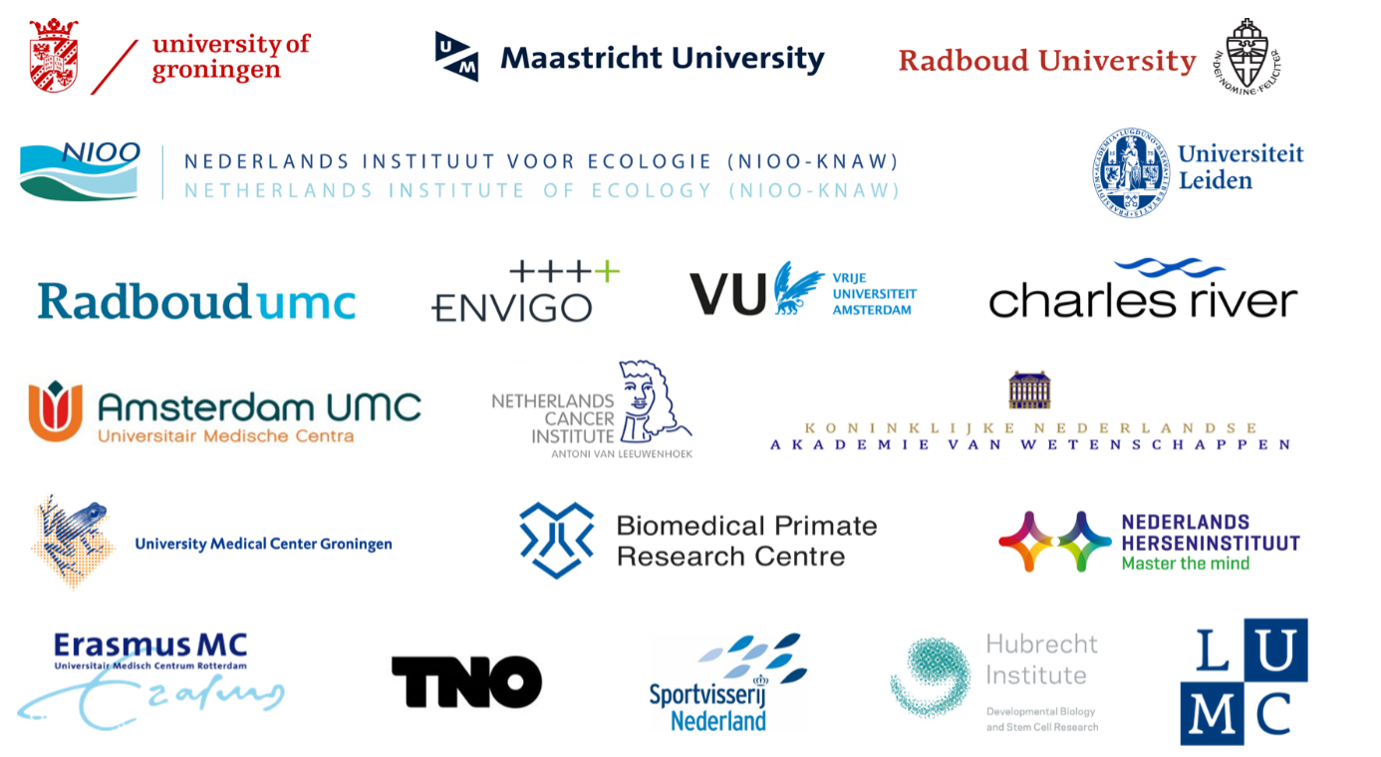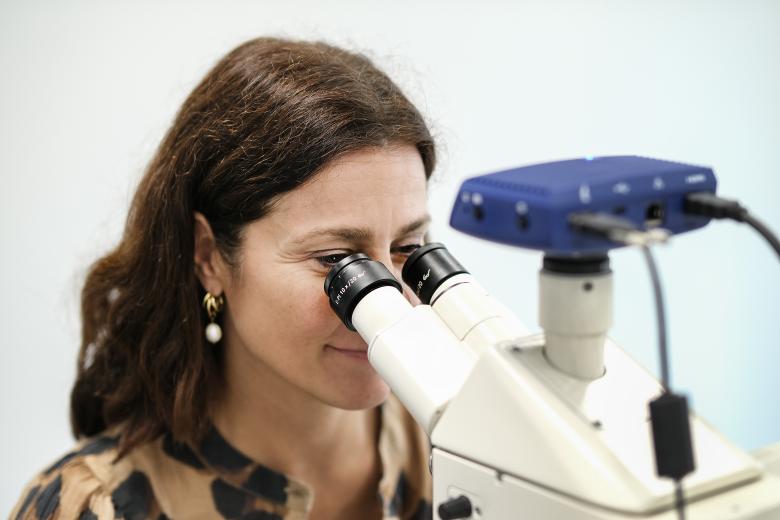An abrupt ban on animal research stops access to latest, lifesaving medication
All medicines that we have today—both for people and for animals—have been developed with the help of animal testing. And that also applies to medical treatments such as radiation and surgical techniques. Good alternative methods have already been developed that complement animal testing. However, in many fields, alternative methods and animal testing will need to coexist for many years in order to continue making progress in (bio)medicine. Particularly in biomedical issues where the immune system or nervous system play a significant role, the complexity of the living organism cannot yet be simulated by alternative methods.
Together with other universities and research institutes, Maastricht University signed the Dutch Transparency Agreement. The goal of the transparency agreement is to provide society with more openness and clarity regarding animal testing. To achieve this, the signatories will promote better collaboration between organizations and institutions, focusing on communicating about all aspects of animal research. The signatories of the Dutch Transparency Agreement now raise awareness on the major consequences of an abrupt ban on all animals for research purposes, as petitioned by the European Commission (EC). They plea for acceleration of the current route to alternative testing, instead of a sudden ban.
A plea from the signatories
"Last January, the European Commission (EC) has validated the petition “Save Cruelty Free Cosmetics – Commit to a Europe Without Animal Testing”. This initiative suggests, despite its title, a general ban on all animal research. We fully support the development of animal-free innovations, which is increasing every year in the Netherlands. However, we are deeply concerned that many people are not aware of the far-reaching consequences of a general ban on animal research.
Therefore, as signatories of the Dutch Transparency Agreement, we would like to raise awareness on the major consequences of an abrupt ban on all animals for research purposes and encourage politicians to have a balanced discussion based on facts and full information, in addition to the emotions that are inescapably involved in this discussion.
What would happen if there were an abrupt, general ban on animal research?
- Scientific research would collapse, and biomedical progress would stop; the complete and functional body of an organism is complex, with behavioural expressions, interacting organs and migrating cells. Although many animal-free methods are being developed, none of them fully capture this complexity. New insights in fundamental processes and mechanisms of action as well as the development of novel therapeutics, vaccines and diagnostic tools will come to a halt. In addition, the progress of animal-free innovations would stall, since many of these innovations are dependent on knowledge derived from animal research. To deprive Europe of life sciences and biomedicine research will greatly frustrate the European research agenda setting, innovation and addressing major challenges of these times.
- Patients, human and animal, would rely on innovation from outside the EU; medication, vaccines and medical implants will keep being developed, partially relying on animal research carried out outside the EU. How do we deal with this? Do we keep producing and importing those drugs or do we completely ban them? A full ban would mean that patients, both human and animal, will not have access to medication that saves and/or improves their lives.
- Research for animal welfare, food safety, biodiversity and the environment will stall; the Netherlands and the EU have high ambitions when it comes to animal welfare, food safety, biodiversity and the environment. Research on these topics rely heavily on studies with animals. No animal-free alternatives can be developed for studying wild animal populations’ behaviour, health, and impact.
Taken all together, abruptly banning animal research will have a huge negative impact on health, a sustainable future and the research agenda in Europe.
As science progresses new approaches will continue to become available. These will replace laboratory animals as already embedded in Directive 2010/63/EU. Far-reaching changes to current regulations wouldn’t be helpful in our joint journey towards less animal research. It will rather be harmful. What we would rather see is accelerated investment in collaboration between science, industry, politicians and legislators to achieve faster development and approval processes for alternative research.
As signatories to the Transparency Agreement on Animal Research in the Netherlands we are convinced we must be as open as possible about animal research. Only an open debate based on accurate and up-to-date information can make up someone’s mind on this complex matter, both individually and collectively.
Q&A: please share any questions or comments you may have with Stichting Informatie Dierproeven (info@informatiedierproeven.nl)."

Also read
-
Fresh air
Newly appointed professor Judith Sluimer (CARIM) talks about oxygen in heart functioning and the 'fresh air' the academic world needs.

-
GROW research: all-in-one test for genetic defects in embryos🧪
Researchers at Maastricht UMC+ and GROW have developed a technique that can analyse the entire genome in a single test, allowing for faster determination of embryos suitable for successful pregnancy.

-
Prestigious European grant for three UM researchers
Three researchers from Maastricht University (UM) will receive a prestigious ERC Starting Grant from the European Research Council. They will receive €1.5 million each. Their funding is part of the EU Horizon Europe programme.
